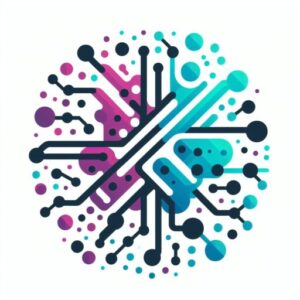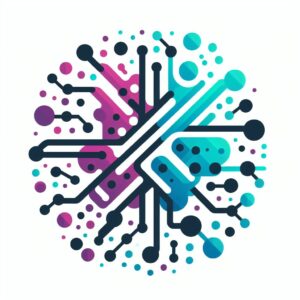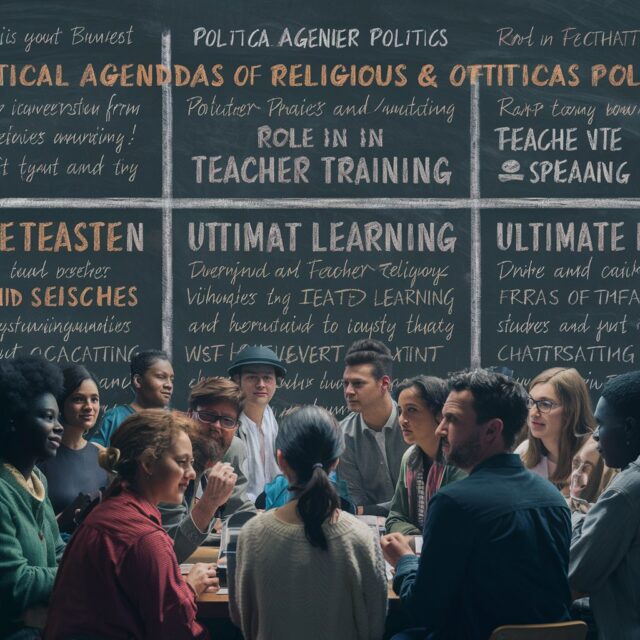Teacher development and promotion is the backbone of educational excellence. Nevertheless, the effect of political agenda on issues of education are pivotal since decisions regarding areas of empowerment, content delivery and professional development of educators are greatly determined by policy implementation.
The dynamics of political agendas influence educational institutions just in the same way they shape teacher training and development. On the other hand, leaders in charge of these programs have to decide what resources and among them are going to be used. For example, they can cover the expenses related to professional development initiatives, incentives the teachers will get for their active participation, and support of training and certification.
More than this, political goals decide what the teacher training programs are about, who implements which teaching method or curriculum standard and, above all, what the educational policy directions are, depending on the ideological beliefs or policy goals of those in charge. Training teachers may be a part of systemic education reform whereby policymakers focus on STEM -education, literacy instruction, and social-emotional learning methods.
Besides, political action can impact the honesty and control of teacher skills improvement programs through regulation so that the government can formulate new rules, accreditation standards, and accountability cases to guarantee the program quality and efficiency. These pursued regulations may as well affect the construct and course of educator preparation programs, the requirements and certifications for teacher certification, and so on.
Moreover, political actors, including politicians, advocacy groups, and professional organizations, have a role in the determination of public opinions on teachers training and development, which influences the way the discourse around teachers training and professional development develops, what debates are held, and through what funding.
allow the light to shine and to act against suppression of academic freedom and intellectual integrity as they will be held accountable for the offence.
On the other hand, teaching students how to critically think, media literacy and civic engagement are all vital skills that should be cultivated in the classrooms for the educators and students to be able to identify and grasp who are the other side of the story.












